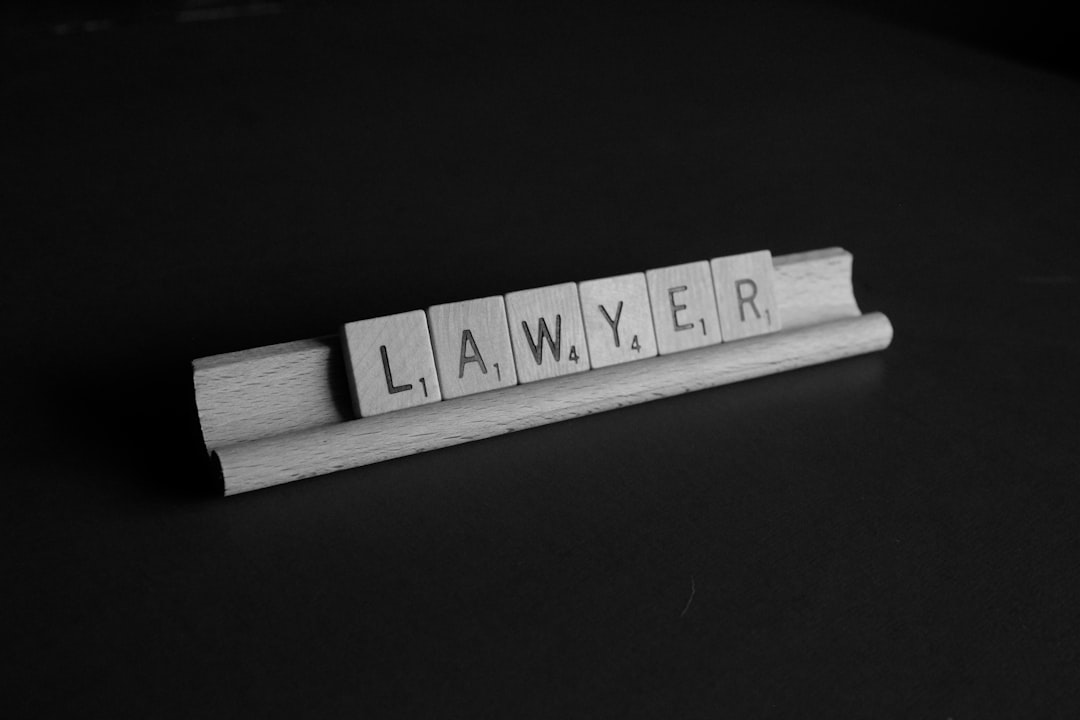In the digital age, robocalls are a prevalent issue in Louisiana, prompting specific laws to protect residents from unwanted automated marketing calls. Robocall attorneys specialize in navigating these regulations, ensuring businesses comply and representing clients against excessive or misleading calls to avoid fines and lawsuits. Vidalia Volunteers play a crucial role in combating deceptive robocalls by scrutinizing voicemail messages for legitimacy, using keen observation and accuracy to reduce scams. They follow strict guidelines, verify caller identity, assess red flags, and conduct research to safeguard Louisiana residents from fraudulent robocall attorneys' practices.
In today’s digital era, robocalls have become a ubiquitous yet often nuisance and even illegal aspect of our daily lives. Louisiana residents face specific challenges, with robocallers leveraging automated voicemail solicitations that can be difficult to verify. The Vidalia Volunteers take a proactive stand against this issue by rigorously verifying the validity of such calls. This article delves into the legal implications of robocalls in Louisiana, explores the role of these volunteers, and provides a step-by-step guide to ensure legitimacy, ultimately helping to combat fraudulent activities with best practices for both organizations and individuals.
Understanding Robocalls and Their Legal Implications in Louisiana

In the digital age, robocalls have become a ubiquitous part of daily life, but their prevalence comes with legal implications. Louisiana, like many states, has regulations in place to protect residents from unwanted and fraudulent automated calls, especially those used for marketing purposes. Robocall attorneys in Louisiana play a crucial role in navigating these complex laws and ensuring businesses comply. These attorneys specialize in representing clients facing excessive or misleading robocalls, helping them understand their rights and take legal action if necessary.
Louisiana’s telephone consumer protection law restricts the use of automated dialing systems for certain types of calls without prior consent. This includes telemarketing and political campaign calls. Robocall attorneys assist businesses in obtaining the necessary permissions and providing clear opt-out options to subscribers, thereby avoiding potential fines and lawsuits. Understanding these legal frameworks is essential to mitigate risks associated with robocalling practices, especially as technology continues to evolve and new tactics emerge.
The Role of Volunteers in Voicemail Verification Process

In the ongoing battle against unwanted and fraudulent robocalls, Vidalia Volunteers play a pivotal role in the verification process. These dedicated individuals form the frontline defense against deceptive voicemail solicitations targeting residents of Louisiana. Armed with keen observation skills and a commitment to accuracy, they meticulously scrutinize each call’s legitimacy. By carefully listening to messages and cross-referencing them with reliable data sources, volunteers ensure that only genuine offers reach the intended recipients.
Their vigilance is particularly crucial in an era where robocall attorneys have become adept at masking their identities. Volunteers are attuned to subtle cues, recognizing patterns and red flags that might escape automated systems. This human element enhances the overall robustness of the verification process, significantly reducing the chances of Louisiana residents falling prey to scams. Their contribution ensures that the battle against unwanted calls remains effective and adaptive.
Step-by-Step Approach to Ensuring Validity of Solicitations

To ensure the validity of voicemail solicitations, Vidalia Volunteers employ a meticulous step-by-step approach. First, they verify the caller’s identity by cross-referencing the phone number with official databases, ensuring it matches known robocall attorneys in Louisiana. Next, volunteers listen to the voicemail message carefully, checking for common red flags like scripted language, lack of personalized content, and urgent demands.
They then examine the solicitation’s claims, verifying their legitimacy through independent research. This includes checking if the company is registered with the state, reviewing consumer complaints, and corroborating any offered services or products. If discrepancies are found at any stage, the solicitation is flagged for further investigation or rejected outright to protect potential clients from fraudulent practices.
Best Practices for Volunteers to Combat Fraudulent Activities

To combat fraudulent activities, Vidalia Volunteers must adhere to best practices designed to verify the validity of voicemail solicitations, especially from robocall attorneys in Louisiana. First and foremost, volunteers should never provide any personal or financial information over the phone unless they have independently verified the caller’s identity and legitimacy. This includes names, addresses, social security numbers, bank details, or any other sensitive data.
Additionally, volunteers should be cautious of unexpected calls claiming to be from legal firms or government agencies. It’s crucial to cross-reference such claims by searching for the organization online using official websites and verified contact information. If a caller demands immediate action or threatens consequences, it’s a strong indicator of potential fraud. Volunteers should document all suspicious interactions, including call details and any unusual requests, to share with the relevant authorities.






